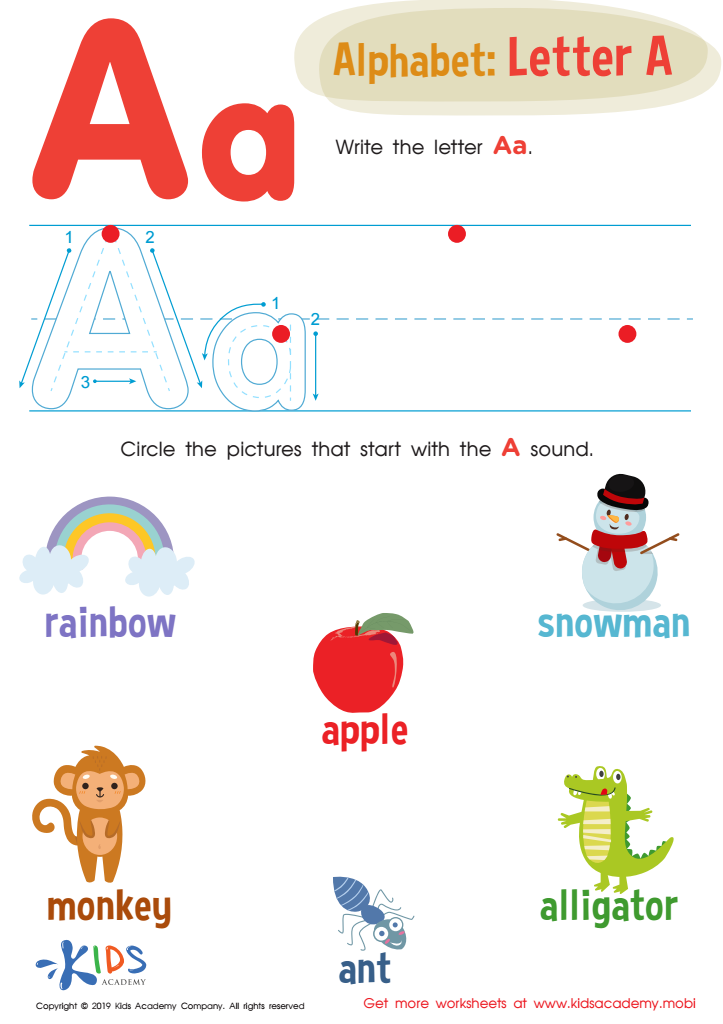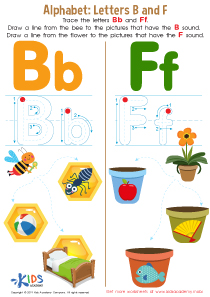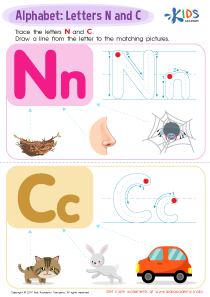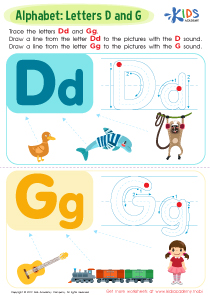Fine Motor Skills Grade 3 Letter A Worksheets
3 filtered results
-
From - To
Enhance your third grader’s fine motor skills with our engaging Letter A worksheets! Designed specifically for grade 3 learners, these worksheets are perfect for practicing essential coordination skills while reinforcing their understanding of the alphabet. With a variety of activities, including tracing, coloring, and cutting, students will not only learn the letter A but also develop creativity and dexterity. Our carefully crafted resources make learning both fun and effective. Encourage your child to explore new challenges while building confidence in their writing abilities. Access these worksheets now and support your child in mastering fine motor skills with the letter A!


Letter A Tracing Page


Letter A Coloring Sheet


Letter A Tracing Worksheet
Fine motor skills are essential for children’s overall development, particularly in third grade, as they impact a range of activities from school assignments to daily living tasks. For parents and teachers, fostering fine motor skills helps children gain proficiency in handwriting—a critical component of communication and an academic skill. Proper control and coordination in writing the letter "A" is foundational, leading to better literacy skills as they move onto more complex letters and words.
Moreover, mastering fine motor skills enhances children's confidence and independence. When they can successfully write their names, complete worksheets, or engage in arts and crafts, they feel a sense of accomplishment. Fine motor skills also support hand-eye coordination that is vital for learning sports and participating in physical activities.
Additionally, focusing on fine motor skill development can be helpful in identifying children who may need extra support. If a child struggles with tasks involving fine motor control, earlier intervention can prevent further academic challenges. Thus, both parents and teachers play a pivotal role in facilitating this development, ensuring children become well-rounded individuals prepared for future learning and life skills. Investing time in fine motor skills not only enriches academic experiences but also lays the foundation for lifelong learning and self-sufficiency.

 Assign to My Students
Assign to My Students















